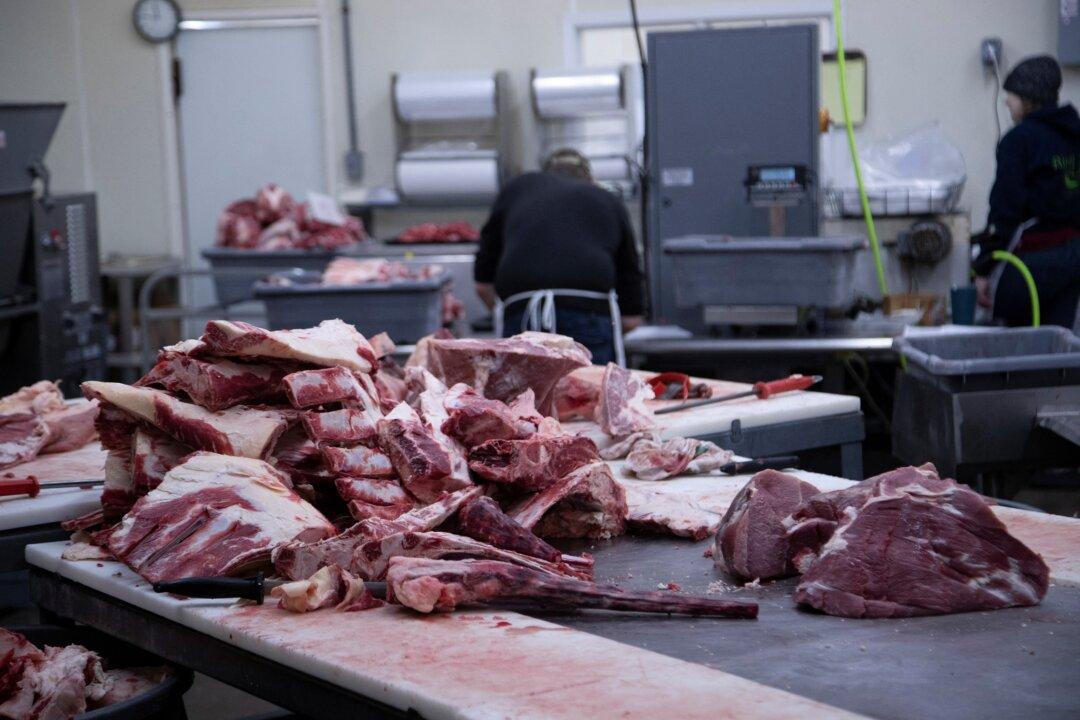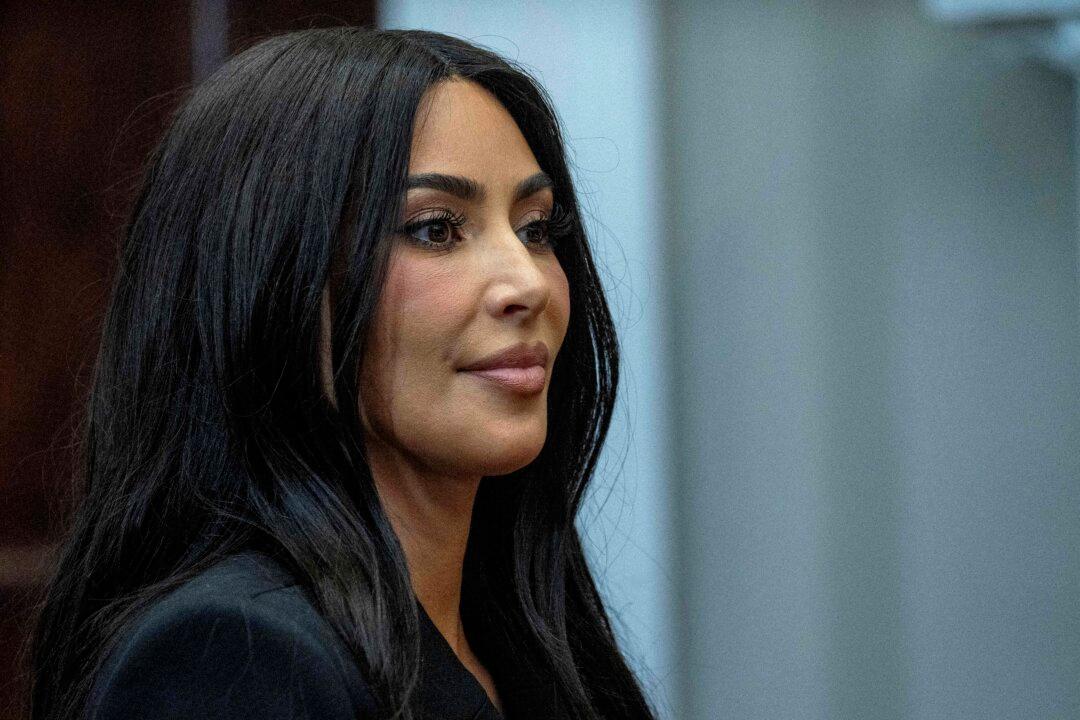BEIJING - China has issued a series of notices in the past week aimed at regulating media content in an attempt to control an increasingly free-wheeling news environment.
But media watchers said that rather than signalling a new tightening, the rules simply follow a trend towards regulating a business whose myriad blogs, tabloids and television dramas present a challenge to the ruling Communist Party’s desire the control the flow of information.
The State Administration of Radio, Film and Television reissued notices restricting local broadcasters’ use of foreign news footage and the General Administration of Press and Publications (GAPP) introduced restrictions on foreign magazines publishing Chinese versions.
And in a twist, news Web sites collectively agreed to censor themselves to eradicate pornography and violence along with other “unhealthy content”.
“When they feel there is a problem they adopt measures to block or control,” said Jiao Guobiao, a journalism professor who lost his job after denouncing China’s propaganda controls.
“This is their consistent thought. I don’t think it has any new significance.”
The regulations follow a series of moves over the past year that included sacking editors of some of China’s bolder publications and forcing bloggers and chat-room participants to use their real names.
They have also attracted the attention of human rights groups, who say U.S. companies have been complicit in providing information that resulted in the detention of Internet writers and urged President George W. Bush to raise the issue with Chinese leader, Hu Jintao, when they meet later this week.
Violate WTO Principles
Several of the pronouncements were also aimed at foreign media in what analysts said was the latest of a wave of criticism of foreign investment.
Earlier this month, GAPP introduced an “internal rule” that would mean sports, entertainment and fashion magazines could not expect immediate approval to enter China’s market. GAPP said earlier U.S.-based Rolling Stone magazine, which was suspended in March after just one issue, had lacked the proper authority.
“As part of a general environment that is questioning, on a sector by sector basis, the value of any kind of foreign investment, it’s going to be doubly difficult for foreign media,” said David Wolf, of Beijing media consultancy Wolf Group Asia.
“A lot of these organisations believe that the benefits of their involvement are self-evident. They’re not.”
Media watchdog Reporters Without Borders said the curbs on Chinese media violated World Trade Organisation principles.
“The media sector should be included in the next session of Doha round negotiations,” the group said, adding protectionism was aimed at controlling content and violated media freedoms.
But the restrictions found favour in the Communist Party mouthpiece People’s Daily, which praised the news Web sites’ decision to self-censor and linked it to Hu’s “eight honours, eight disgraces” campaign that seeks to promote a “socialist sense of honour and shame”.
The move shows the Web site editors “have ability and have confidence in resisting all types of unhealthy Internet information and are positively throwing themselves into building a socialist spiritual civilisation,” the commentary said.




